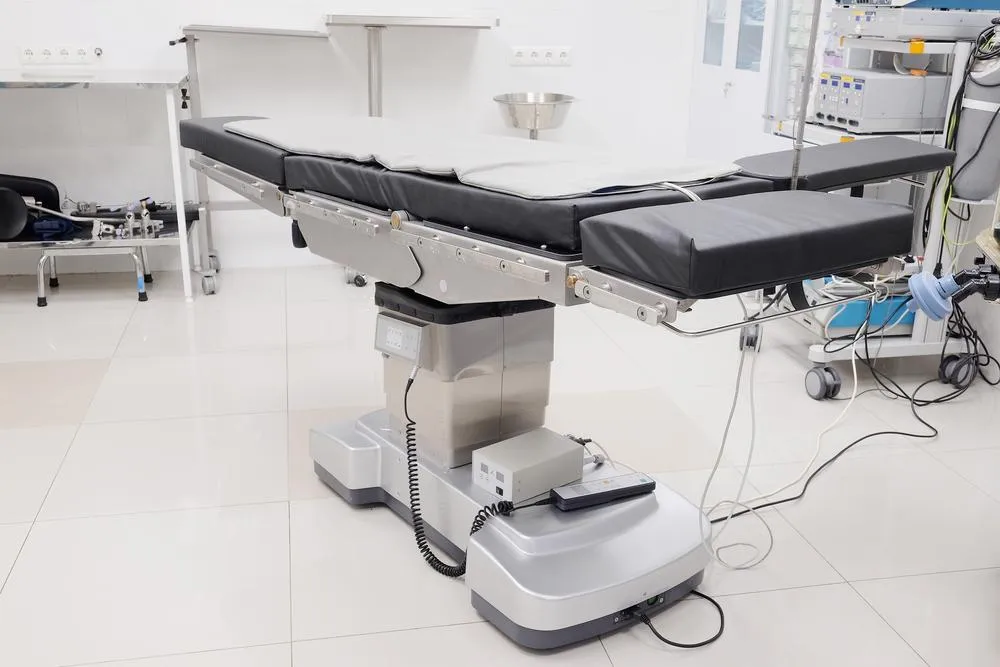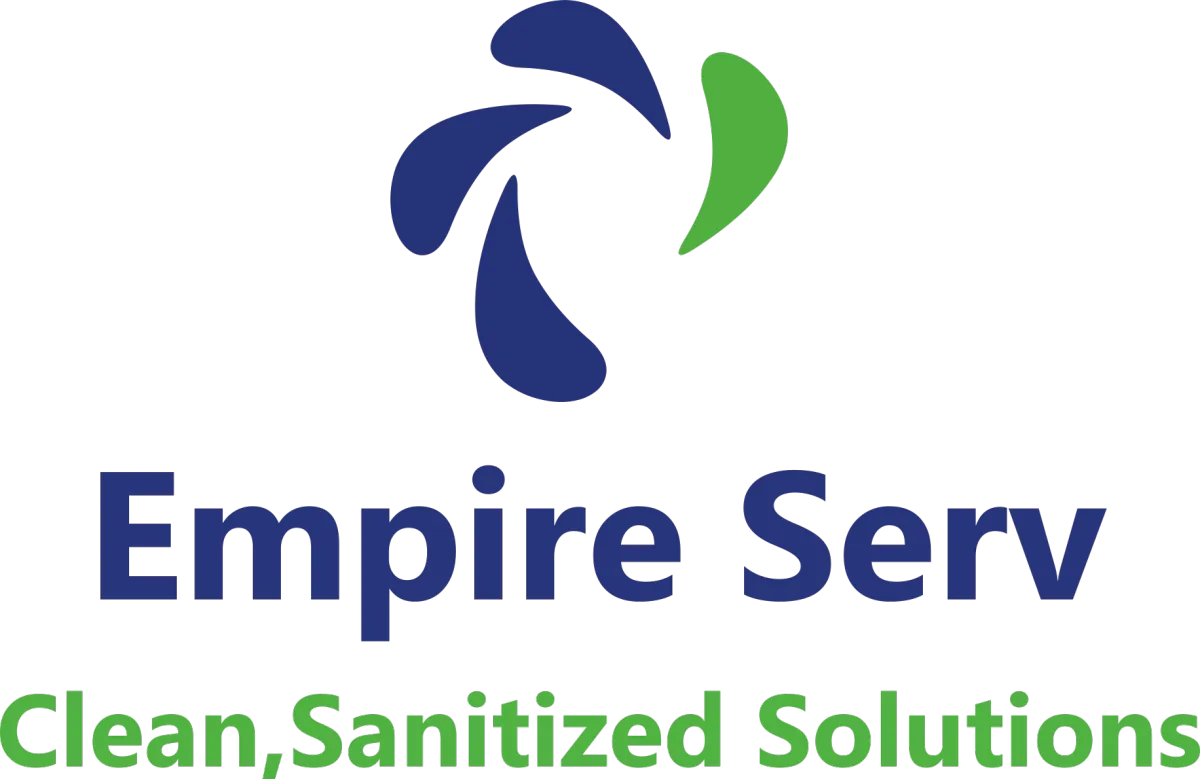
Innovations in Clean: Advanced Cleaning Technologies for Infection Control in Hospitals
Innovations in Clean: Advanced Cleaning Technologies for Infection Control in Hospitals

Innovations in Clean: Advanced Cleaning Technologies for Infection Control in Hospitals
In the fight against healthcare-associated infections (HAIs), hospitals are increasingly turning to advanced technologies to enhance infection control protocols. These innovations are not just improving cleaning efficiency but are also pivotal in safeguarding patient health. This blog explores several cutting-edge cleaning technologies that are setting new standards in hospital hygiene and infection control.
Introduction: The Challenge of Infection Control
Infection control in hospitals is a crucial concern, with HAIs posing serious health risks to patients. Traditional cleaning methods, while necessary, can sometimes fall short in the face of resilient pathogens and human error. Advanced cleaning technologies offer a more consistent, efficient, and effective approach to disinfecting hospital environments.
UV-C Disinfection
UV-C disinfection uses ultraviolet light to kill or inactivate microorganisms by destroying nucleic acids and disrupting their DNA, leaving them unable to perform vital cellular functions. The technology is highly effective against a broad range of pathogens, including viruses, bacteria, and fungi. UV-C devices are used to disinfect air, water, and surfaces in various healthcare settings. While highly effective, the technology must be used properly to avoid exposure to human skin and eyes, and it is generally employed in unoccupied spaces to ensure safety.
Electrostatic Sprayers
Electrostatic sprayers are a breakthrough in disinfection technology, allowing for quick and even coating of surfaces with disinfectant solutions. These sprayers charge the disinfectant as it passes through the nozzle, causing it to electromagnetically stick to surfaces, including hard-to-reach areas that might be missed by conventional wiping. This technology ensures that all surfaces, even the most obscure, are thoroughly disinfected, significantly reducing the risk of HAIs.
Robotics in Cleaning
Robotics technology has been a game-changer in maintaining cleanliness with minimal human intervention. Automated robots can consistently clean and disinfect floors and surfaces without fatigue and reduce human error. Some robots are equipped with UV-C light, combining mechanical and light disinfection methods to enhance hospital cleanliness. These robots can be programmed to navigate through hospital corridors and rooms, providing 24/7 cleaning services.
Green Cleaning Innovations
As hospitals strive to reduce their environmental impact, green cleaning technologies have emerged. These include the use of non-toxic, biodegradable cleaning agents that are as effective as traditional chemicals but are safer for both hospital staff and patients. Advances in green technology also include automated systems that precisely measure and distribute cleaning solutions, reducing waste and improving efficiency.
Case Studies
Several hospitals have successfully integrated these technologies into their cleaning protocols with remarkable results. For example, a hospital in Florida implemented UV-C disinfection systems and saw a 30% decrease in its infection rates within a year. Another example is a hospital in California that uses electrostatic sprayers and robotic cleaners, reporting enhanced patient satisfaction and reduced cross-contamination incidents.
Conclusion
The integration of advanced technologies into hospital cleaning protocols is revolutionizing infection control. These innovations offer powerful tools to combat HAIs effectively and efficiently, ensuring higher standards of cleanliness and safety. As technology continues to evolve, the potential to further improve hospital sanitation and patient care looks promising. Hospitals that embrace these technologies not only enhance their infection control efforts but also demonstrate a commitment to patient safety and quality healthcare delivery.
Chris Cassady
Empire Serv Inc
15 S. Fayetteville Street
Suite 203-F
Asheboro, NC 27203

